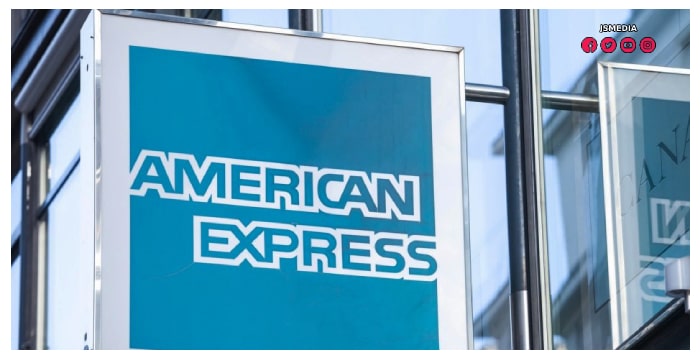JSMedia – Founded in 1853, the AMEX Bank of Canada is the largest financial institution in Canada. As of December 2020, it will employ approximately 1,700 people in various locations. It relocated its headquarters from Markham, Ontario to Toronto, and opened an office in Hamilton, Ontario in 2015. The bank began operations as a bank on July 1, 1990, following an order in council issued by the Brian Mulroney government on November 21, 1988. Normally, federal banking policy does not allow American Express to operate as a bank.
Under the Bank Act, Amex is a Schedule II bank, which means that it can’t charge you any fees for making payments in foreign currency. Consequently, you should be aware of the conversion charges. The exchange rate for each currency is calculated using a specific percentage of the amount. Additionally, Amex has not disclosed its conversion charges in cardholder agreements from 1993 to 2003. As a result, you cannot be certain of whether or not a cardholder will incur a conversion charge, because Amex has not explained the terms in the agreement.
Moreover, Amex is not obligated to pay restitution to non-consumer class members. Although this is a reasonable outcome for consumers, Amex’s refusal to pay restitution to the non-consumer class members is not a valid reason. Restitution conferred an undue advantage on one party. As such, the trial judge did not err in denying Amex’s application.
AMEX Bank of Canada Mortgage

Another issue that has arisen in the past is the conversion charge. Amex’s fees are higher than the average interest rate, and they don’t make their customers aware of this fact. Despite the disclosure of these charges in the agreements, they continue to apply. Unlike other credit card companies, Amex doesn’t have the required disclosures in its cardholder contracts. Amex is responsible for implementing changes to the law that prohibit them from charging conversion fees.
The court has to decide if the company was required to pay the conversion charge. The court must determine whether Amex was required to pay the conversion charge even if the consumer was not required to pay it. The case also requires Amex to reimburse the conversion charges it collected from consumers during the time period 1993 to 2003. Its decision is a major win for the Amex shareholder community. This is the first-ever successful lawsuit against a Canadian bank.
Amex Canada is committed to the principles of equality. This means that employees are encouraged to express their personal passions and take ownership of their career development. Unlike many companies, Amex Canada is committed to building inclusive cultures that foster a sense of belonging in the workplace. In this regard, AMEX has a number of Colleague Networks across the country, including the PRIDE+ and Families at Amex. The Women’s Interest and Families at Amex are two of the most popular.
The court has ruled in favour of the Amex bank. The court’s decision in this case relates to a case in which Amex failed to meet its obligation to pay conversion charges. This lawsuit is a result of the wrongful conversion charges, which Amex has been imposing for more than two years. Amex has denied the conversion charges, but it did not deny that it owes restitution to its cardholders.
In this case, Amex failed to disclose its conversion charges to cardholders. The court found that Amex had erred in failing to disclose the charges and had not provided all of the relevant evidence to the court. It also held that Amex had benefited from offering its products. Therefore, the BMO Decision holds that the relevant CPA provisions are applicable to Amex. It also ruled that Amex had no defense because its contract was not nullified.
The trial court found that Amex violated s. 12 of the CPA and CCQ. This ruling essentially means that Amex must reimburse all conversion charges it collected from consumers during the period 1993 to 2003. The court did not decide on the issue of punitive damages, as the non-consumer class members did not fall under the CPA. It has ruled that Amex must reinstate these conversion charges to all affected cardholders under the CCQ.

